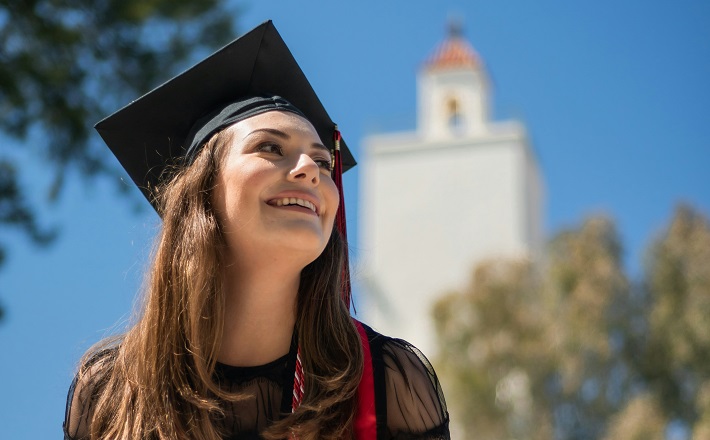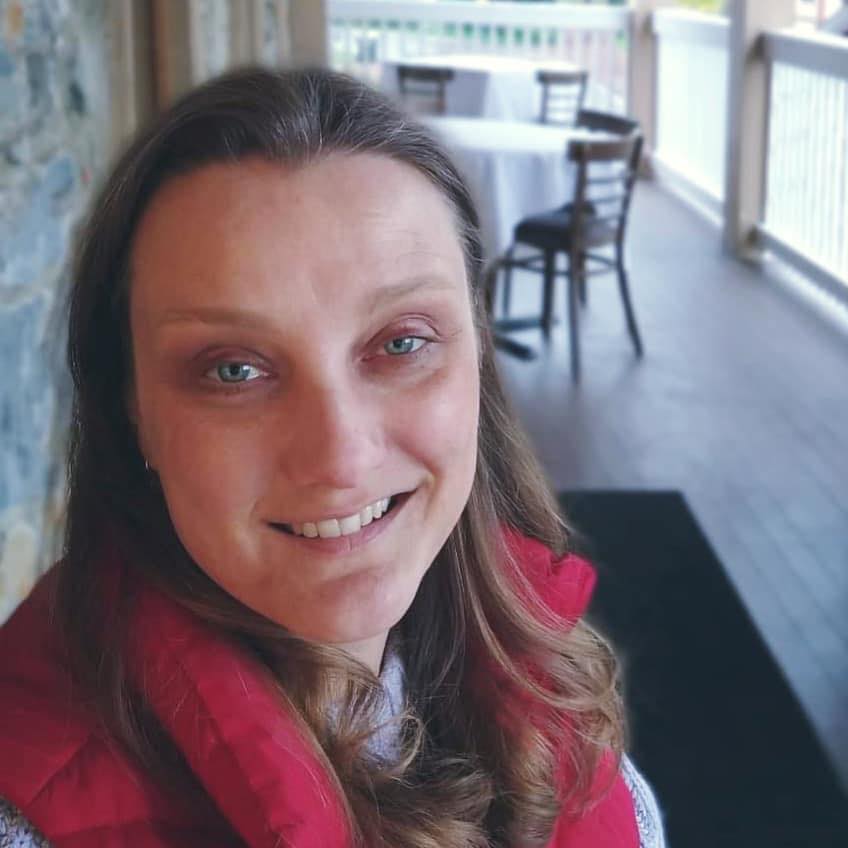An early scene in the 2023 Paul Giamatti film, The Holdovers, is set during a chapel service at a fancy boys’ boarding school in December 1970. The chaplain, dismissing the students for the winter holidays, gives the following benediction: “May the all-powerful God, who protected Abraham when he left his native land, protect all of our brave soldiers until they are delivered safely home to us. We ask this through Christ our Lord, Amen. We wish you all a very Merry Christmas or, as the case may be, a very Happy Hanukkah.”
This final line is played for laughs. A nod toward the non-Christians in the congregation is perfunctory to the point of insult. More than fifty years later, we can still insult those who don’t share our faith practices by our lack of curiosity or acknowledgment of their presence during the important moments in our communal lives.
Clarify who the baccalaureate service is for
If you are reading this, I’m guessing you’ve attended a baccalaureate service before. If not as part of your own high school or college graduation festivities, you’ve likely participated while serving as a pastor. More than twenty years ago, my husband and I co-pastored a Presbyterian congregation in rural Kentucky. Baccalaureate for the community high school graduates involved a lengthy, Christian sermon from a local preacher, some musical performances from orchestral students, and cookies in the fellowship hall. I cringed at the event’s lack of inclusivity.
Planning and leading the baccalaureate service at the small, liberal arts college where I serve as chaplain and director of religious and spiritual life takes up a good portion of my spring semester. Instead of centering our service around a single keynote speaker or preacher, we feature speeches and performances by numerous graduating class members. Attendance is not required but has increased greatly since we expanded the number of student participants. We promote the service with the following language on our college’s commencement website:
“Baccalaureate is a non-denominational celebration to honor the College’s graduating senior class. Unlike the larger Commencement exercises, the service offers a quieter, more intimate opportunity to pause and reflect on this rite of passage, hear faculty members, classmates, and others offer advice to the graduating class, and enjoy students’ musical talents. Organized by the College Chaplain, Baccalaureate is designed to be an inspirational, interfaith celebration. Seniors do not march in a processional or wear caps and gowns for this event. Family members and the campus community are invited to attend.”
Starting early in the spring semester, I seek nominations for student participants in the baccalaureate service. In late January, I send out an open nomination form through our college’s bi-weekly email newsletter and also seek out names from staff and instructors in departments such as Theater, English, Government & Law, Religious Studies, Forensics, Athletics, Music, and Film & Media Studies to help me to identify student participants. We encourage self-nominations. I then invite all nominated students to an information session sometime in late February or early March, where we discuss the details and responsibilities of participating in the baccalaureate service.
Questions to address
Besides specifics of the service, the two questions we discuss during these information sessions are, “What will I do? What will I talk about?”
I’ve had students participate in the following ways:
- Short speeches
- Vocal or instrumental performances (their own compositions or not)
- Reciting poems or short stories (their own compositions or not)
- Performing monologues or short dramatic scenes
- Drum circles/spoken word performances
- Dancing (including ballroom, salsa, ballet, and modern styles)
- Creating short documentaries highlighting campus experiences
I’ve had students reflect on the following ideas or themes:
- How am I different after my years at Lafayette?
- Why Lafayette is a better place because of my work here.
- Why being a Lafayette grad will make me a better citizen.
- I’ll always remember Lafayette fondly because…
- The person who influenced me most during my college years was __________. They helped me learn _________.
- Other reflections on how they’ve matured and grown over their college years
The biggest measurable outcome of our decision to include many graduating seniors is the increased attendance at our Baccalaureate service. For example, we have at least twenty students participating in baccalaureate for the class of 2024. Attendance is not required at this service, but featuring students has increased visibility and interest in the service.
Like many schools with a Protestant religious heritage, Lafayette College is no longer a Protestant-majority-serving institution. This inclusive format for Baccalaureate allows more diversity and makes room for deep descriptions of interfaith values. Students share with their fellow graduates about the meaning they’ve made at our institution. Friendships are described. Professors who offer mentorship and create a thirst for knowledge are thanked. Musical performances reflect gratitude and loyalty to the College. We have members of the administration and the Office of Religious and Spiritual Life staff speak about the purpose of the gathering and provide the invocation and benediction. Student contributions often feature overtly religious themes and reflections.
As a Presbyterian minister serving in an interfaith context, organizing baccalaureate in this way allows me to practice the love of Christ in a broken and divided world. By nurturing trust and relationships across differences of belief and practice. Such positive displays of interreligious respect and celebration aid in destroying the sin of hatred and prejudice and practicing the biblical mandate to love one’s neighbors in a religiously pluralistic world.
How might these practices work in your context?
- Whom could you invite to participate, for a wider diversity of voices and faithful experiences?
- How would you prepare them to share their own stories of belonging, insights and growth?
- How could you describe what the baccalaureate service is, in ways that set the tone for reflection and making meaning?


